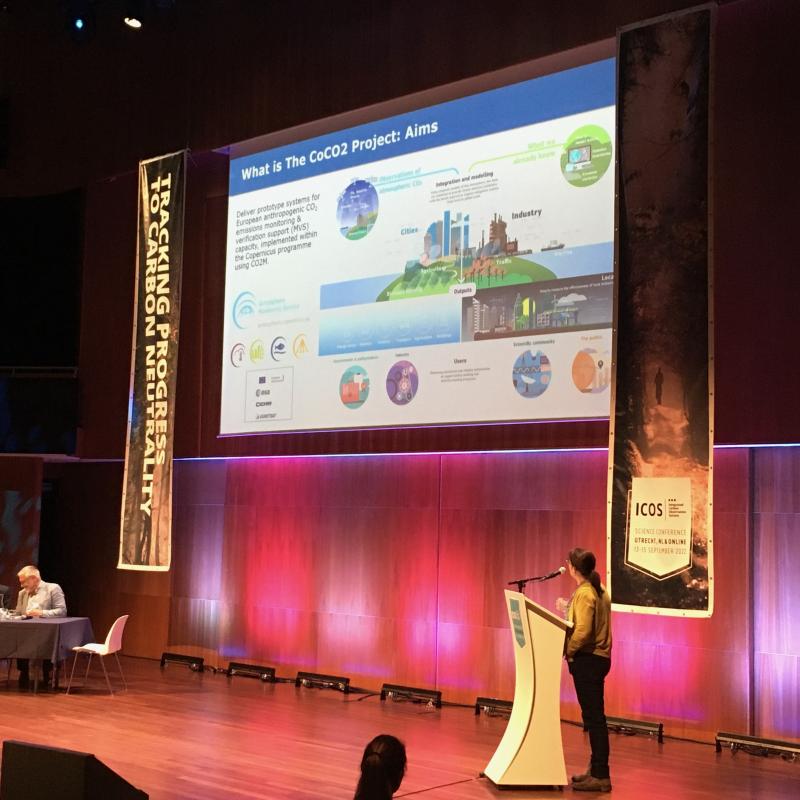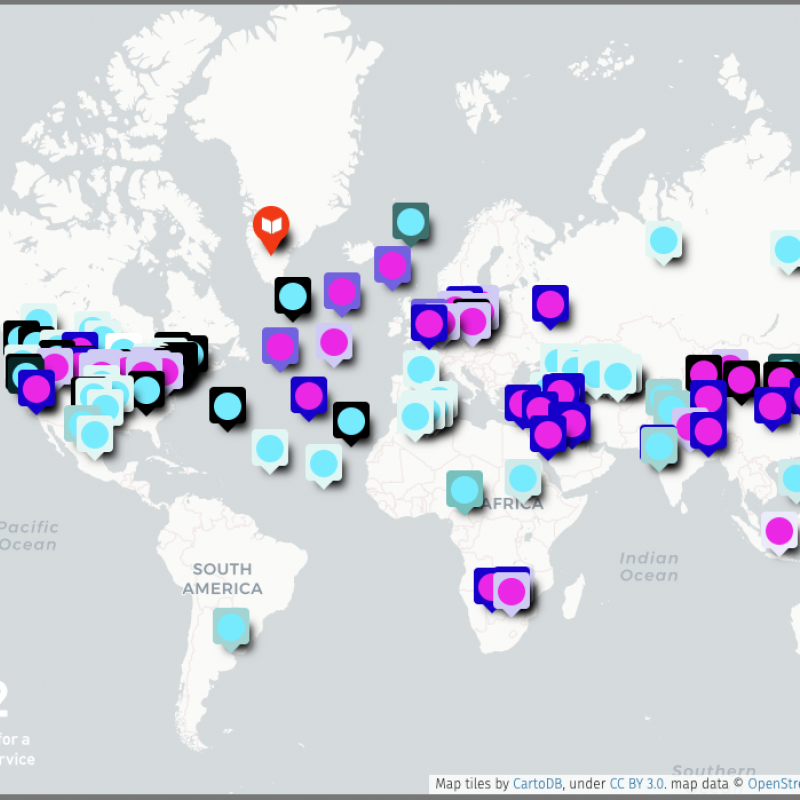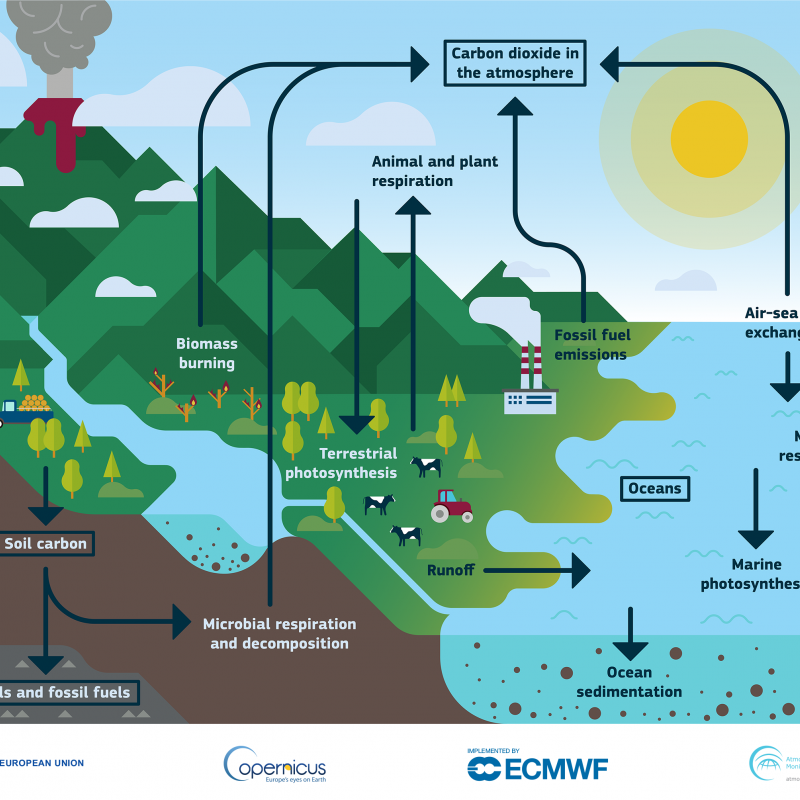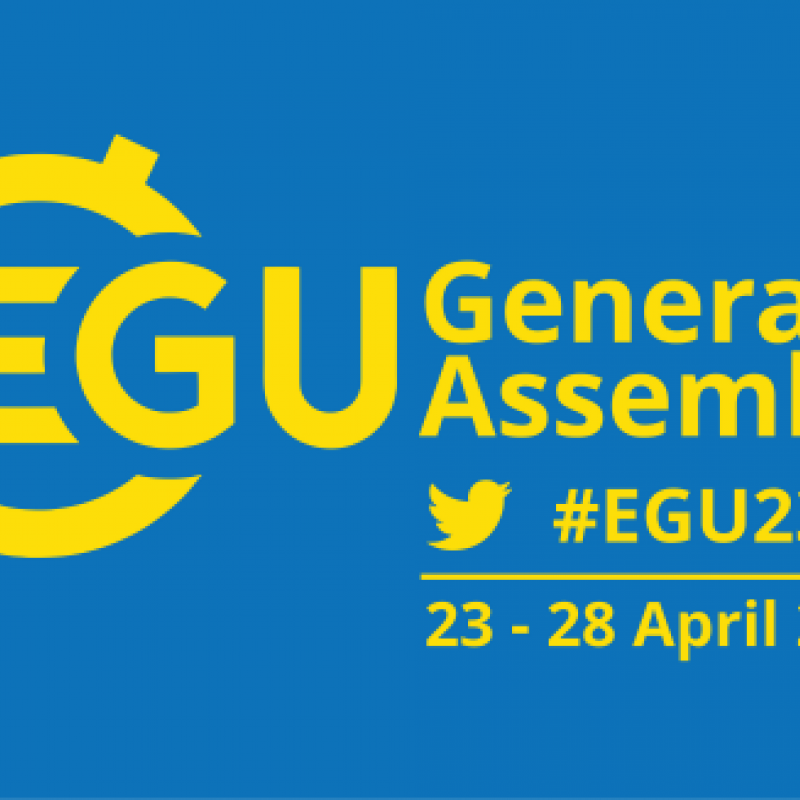The CoCO2 project is now half-way through its lifetime, and this was clearly visible by the wealth of results presented at the ICOS Science Conference last week in Utrecht, the Netherlands. Two plenary presentations, five oral presentations in various parallel sessions, and at least six poster presentations showed what has been achieved so far and what is being planned for the coming years.
Anna Agusti-Panareda (ECMWF) presented “the CoCO2 global nature run as an evaluation tool of the integrated earth system model to support the monitoring of greenhouse gas emissions” in the opening plenary session. Giacomo Nicolini (CMCC, University of Tuscia) presented “Direct observations of CO2 emission reductions due to COVID-19 lockdown and their subsequent evolutions” in the plenary session on the second day.
In the various parallel sessions, Julia Marshall (DLR) presented “In situ data needs for operational monitoring of greenhouse gas emissions: building a solid foundation”, Nicolas Bousserez (ECMWF) presented “Towards a Copernicus Monitoring Service for Anthropogenic Greenhouse Gas Emissions: Methodology and First Results from the IFS Global Inversion System”, Anne-Wil van den Berg (Wageningen University) presented “Estimating fire CO2 emissions using a joint CO/CO2 inversion driven by satellite data (OCO-2, TROPOMI) for the Amazon in 2019”, Konstantinos Politakos presented (FORTH) “Five years of urban eddy covariance CO2 emissions correlated with dynamic shifts in urban structure and traffic regulations in the city center of Heraklion, Greece”, and Elise Potier (LSCE) presented “Combination of XCO2 imagery and in-situ CO2 and 14CO2 measurements to monitor fossil fuel CO2 emissions at regional to local scales”.




